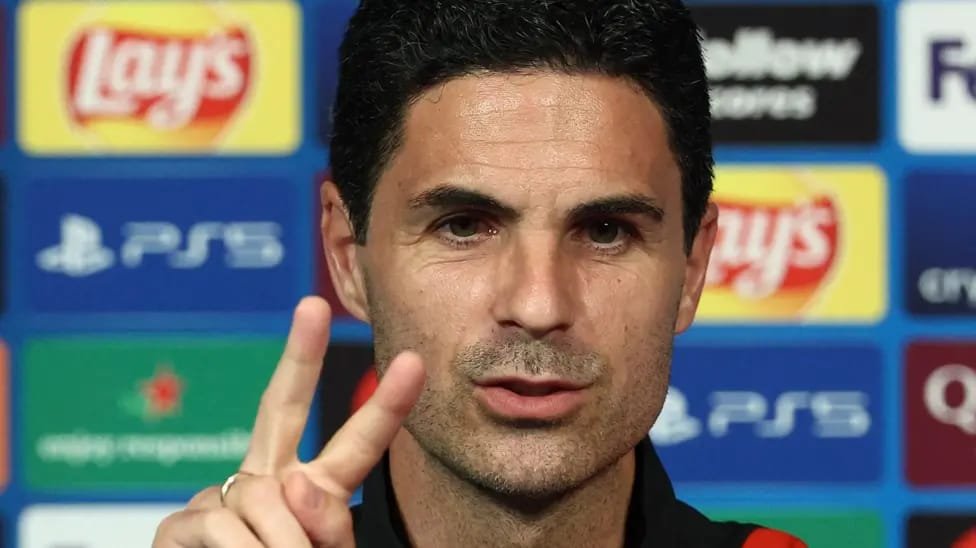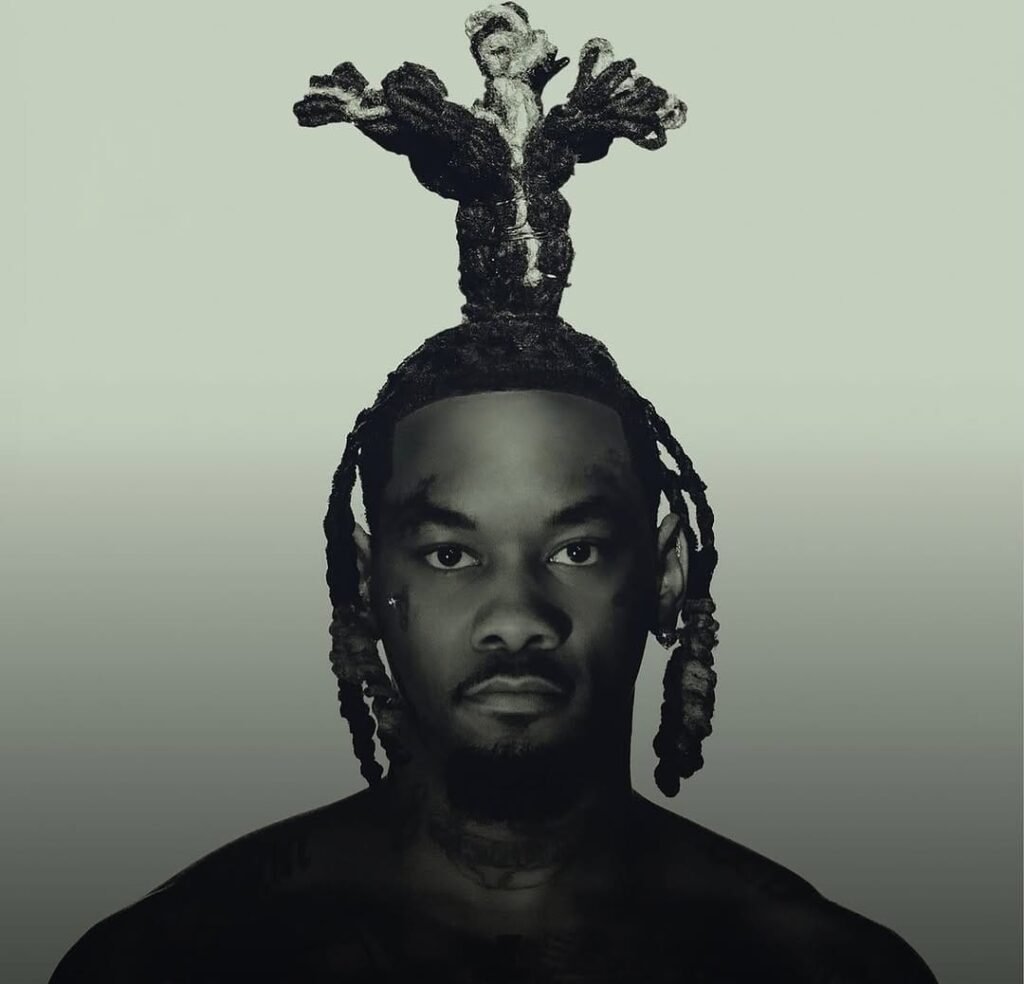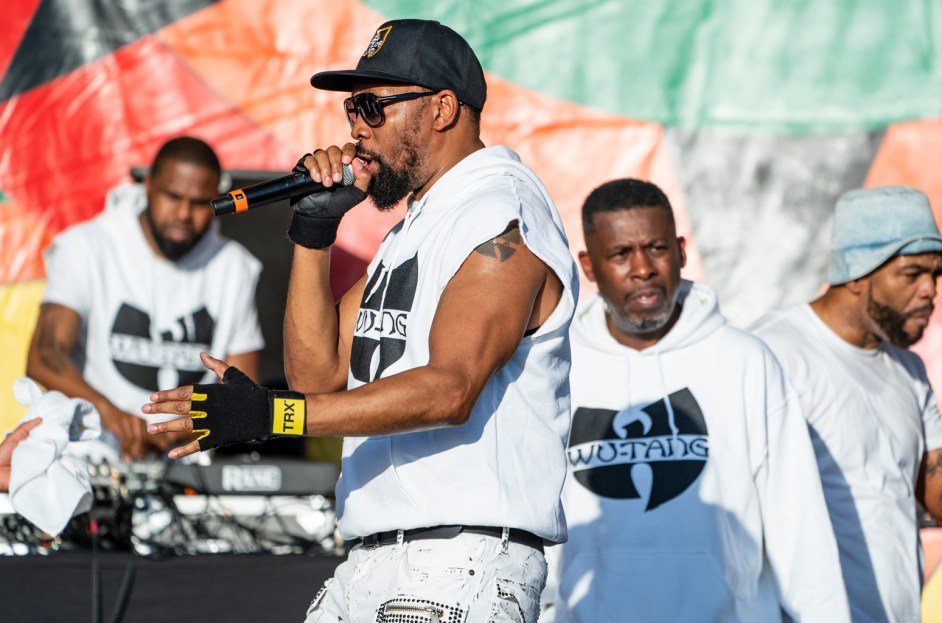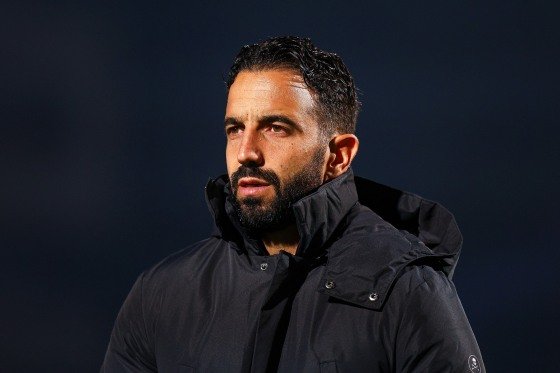
Manchester United’s 2024-25 Premier League campaign reached a new low after a thrilling 4-3 defeat at Brentford, marking the club’s 16th league loss of the season—the worst domestic record in 35 years. Despite the disappointment, manager Ruben Amorim remains focused on securing a path to Champions League football through the Europa League, while acknowledging that United is far from ready to compete consistently at the highest level.
A Season Marred by Setbacks
The clash at Brentford on Sunday, May 4, 2025, delivered another heavy blow to Manchester United’s ambitions. The game ended 4-3 in favor of the home side, highlighting both defensive frailties and inconsistent performances that have plagued the Red Devils throughout the campaign.
Amid the chaos, there were glimmers of hope. United’s young talents, including Alejandro Garnacho and Amad Diallo, showed determination in a late fightback, scoring crucial goals that narrowed the deficit. However, Amorim acknowledged that the team remains far from competitive in either the Premier League or European competitions.
“We are not ready to be competitive, and we need to win,” Amorim told Sky Sports. “We need to fight to give something back to our fans and qualify for the Champions League. However, we are aware that a lot of work is needed to cope with both the Premier League and the Champions League next season.”
This loss cemented Manchester United’s status as mathematically unable to finish in the top half of the league, a situation the club has not faced in decades. Amorim’s tenure, which began on November 11, has seen very few victories, with United struggling to find consistency and cohesion. Remarkably, only recently relegated sides such as Ipswich and Leicester have recorded fewer Premier League wins since Amorim’s arrival.
The Europa League Dilemma
Despite domestic struggles, the Europa League offers a lifeline. Winning the competition would secure United a spot in the next season’s Champions League, a scenario that has become the club’s primary focus.
Amorim referred to this challenge as a “real dilemma,” balancing the club’s immediate European ambitions with the need to rebuild and prepare for the domestic campaign ahead.
“We know we are not ready for the challenges of the Premier League and Champions League, but we must fight for this Europa League title. That is the most important game for us,” he explained. “After we secure that, we will have time to prepare the team for the challenges ahead.”
The manager’s remarks underscore a pragmatic approach: while the league season has been disappointing, there remains a strategic opportunity to salvage European qualification through success on the continental stage.
Bright Spots Amidst the Struggle
Even in defeat, there were positive moments that Amorim highlighted. Mason Mount, who has struggled with injuries this season, scored his first league goal in over a year, showcasing intelligence and positional awareness.
“It’s not just the finish, it’s the position that he has on the pitch,” Amorim said. “He’s like a third midfielder who can reach the box. Mason is a valuable asset to the team.”
The match also featured Chido Obi’s senior debut, making him the youngest player in Manchester United’s history to start a Premier League game at just 17 years old. Alongside Obi, academy graduates Harry Amass and Tyler Fredricson were given significant minutes, reflecting Amorim’s commitment to integrating youth into the first team.
“This kind of season cannot happen again,” Amorim emphasized. “We need to understand what it means to play for Manchester United, and the young players need to learn that.”
The inclusion of young talents highlights a broader strategy: while immediate results have been inconsistent, the experience gained this season could pay dividends in the coming years if managed correctly.
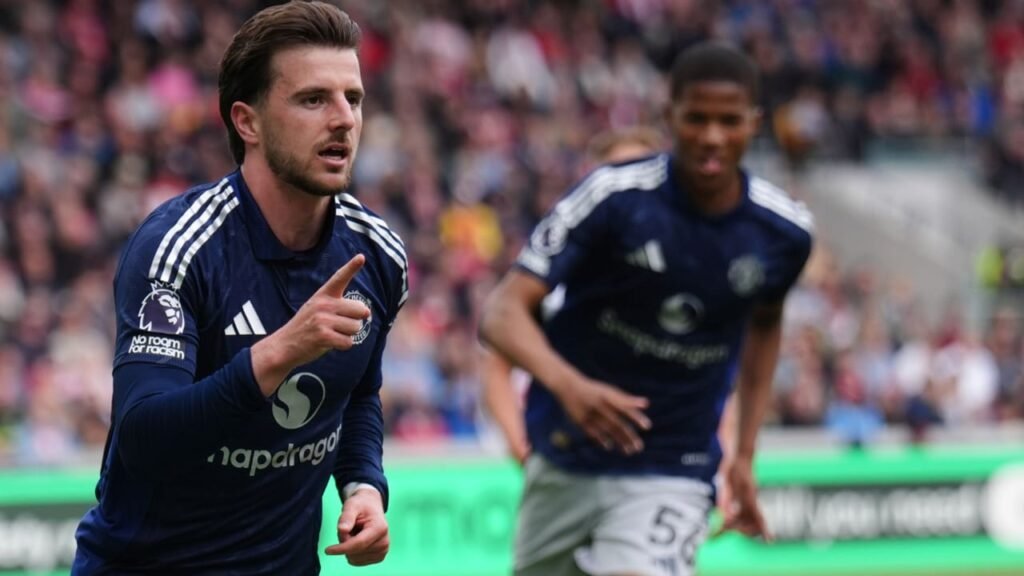
Managerial Perspective
Amorim’s honesty regarding the squad’s current limitations reflects a clear-eyed approach to the club’s challenges. He admitted that United is still developing its identity under his guidance and stressed that lessons from this difficult campaign are critical for the future.
“We are playing better and understanding our style of play,” he said. “Even in this difficult context, we must accept the losses and focus on Thursday’s Europa League match, which is the most important game for us.”
The focus on the Europa League is not just about immediate results but also about building confidence and momentum for a squad that has struggled to maintain consistency throughout the Premier League season.
Tactical and Squad Analysis
Manchester United’s loss at Brentford reflected several ongoing tactical issues: defensive lapses, lack of cohesion in midfield, and struggles to control the pace of games. While moments of attacking brilliance offered hope, the inconsistency exposed a team still adapting to Amorim’s philosophy.
Key lessons from the match include:
The need for greater defensive solidity, particularly in transitions.
Continued integration of young talents like Obi, Garnacho, and Diallo to add energy and creativity.
Strategic preparation for balancing domestic and European competitions in future seasons.
The challenge ahead will be balancing the immediate objective of winning the Europa League with longer-term squad development to ensure Premier League competitiveness.
Looking Ahead
Manchester United now turns attention to the Europa League semi-final against Athletic Club, a fixture that could define the season. Success in Europe would not only secure Champions League qualification but also provide a much-needed morale boost for players and fans alike.
Amorim’s focus remains on preparing the team mentally and tactically for this pivotal encounter, while using the remainder of the Premier League campaign as an opportunity for player development. The integration of youth and recovery of injured players like Mason Mount could be decisive in shaping United’s trajectory.
“We must accept the losses and focus on the most important game for us,” Amorim reiterated. “Winning in Europe is critical, and we have to make sure we are ready.”
Conclusion
Manchester United’s 16th Premier League defeat is a stark reminder of the challenges facing one of England’s most historic clubs. Yet, Ruben Amorim remains pragmatic, emphasizing the importance of youth development, strategic European focus, and squad evolution.
While the season has been historically disappointing, the Europa League provides hope for redemption. United’s young stars, combined with experienced players stepping up, could offer a blueprint for rebuilding and achieving long-term success. For fans, the journey may be difficult, but the potential for triumph in Europe keeps the spirit alive.


